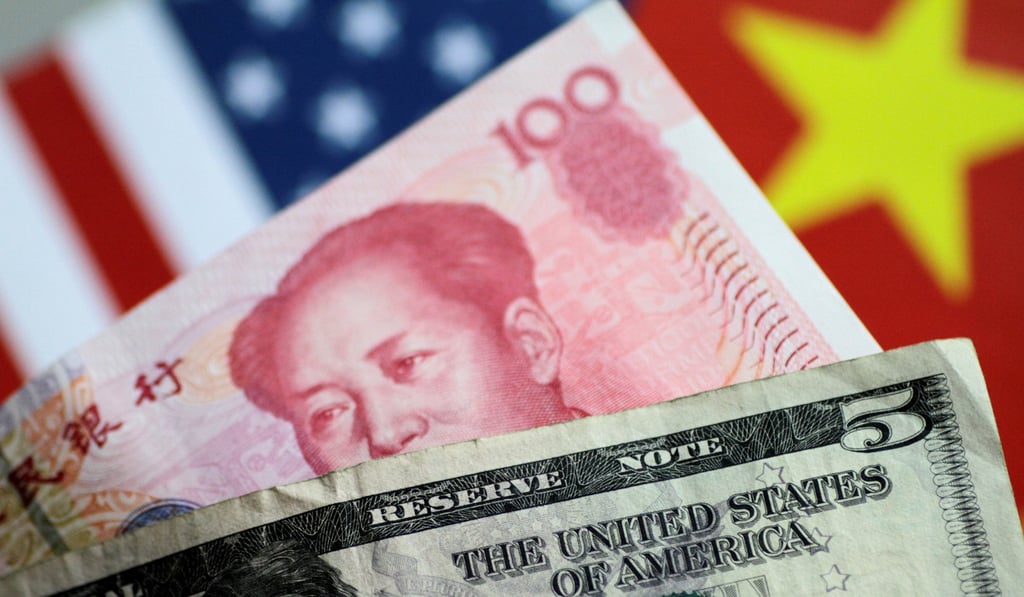Macroscope | Britain seems to be setting itself up as ‘another Hong Kong’
- London and Hong Kong are likely to become financial and logistical windows on the world for China
- London trading volumes in renminbi have reached an average of US$75 billion daily since October, according to the Bank of England

The City of London’s “charm offensive in the race for renminbi” has paid off, with London daily trading in renminbi now exceeding that in euro, the Financial Times reported. But this is only half the story, which is also about life after Brexit for Britain, and about the nation’s role in China’s “Belt and Road Initiative”.
Some have suggested that post-Brexit Britain could become “another Singapore” by modelling itself on successful island economies. But in reality Britain may be in process of becoming another Hong Kong. The key is that both Britain and its former colony are situated at either end of the Belt and Road project.
As Kent Calder, director of the Reischauer Centre for East Asian Studies at Johns Hopkins University in Washington observed perceptively to me in a conversation a couple of years ago, London and Hong Kong are likely to become financial and logistical “windows on the world” for China.
The term “window” is appropriate, because it has the connotation of a place with liberal supplies of credit. But in the case of London and Hong Kong, they are not just centres of credit but, to an increasing extent, renminbi windows also – key to China’s needs.
According to the Financial Times report (based on data from payments company Swift), some 36 per cent of all external renminbi transactions were conducted in Britain in December 2018, and according to the Bank of England, London trading volumes in renminbi reached an average of US$75 billion daily as from October last year.

But it is the nature, more than the volume, of transactions that matters. They will not only be about foreign exchange trading, but about a whole range of capital market activities in which China will continue to raise its international profile, and the renminbi become more internationalised.
